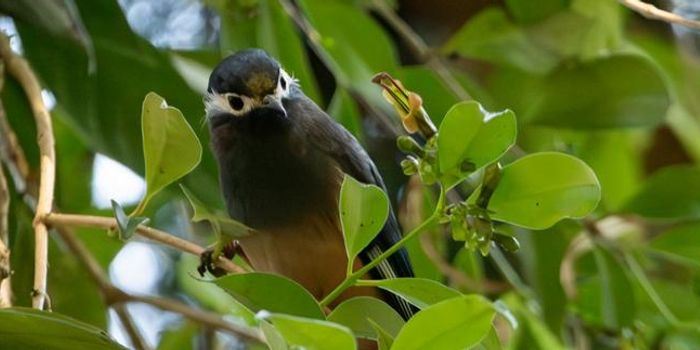Insects Rely On a Fragile Salt Balance to Survive the Cold
When it comes to insects and cold weather, many of them have a hard time surviving. This is because unlike humans, which have an internally-regulated body temperature, insects have a body temperature that matches the surrounding environment around them.
But not all insects have this issue – some of them are quite efficient at surviving, and a study led by York University’s Heath MacMillan has found some clues as to why this might be the case.

Insects have a special organ in their body called Malpighian tubules, which are similar to the kidneys in mammals. These organs are regulated by hormones, and are responsible for regulating a salt and water balance that is essential to insects for surviving in a freezing environment.
To test this theory, the study brought in five different species of fruit flies from all around the world. It was found that the species that were from higher latitudes, which are the colder regions of the Earth, were better at regulating their salt and water balance with their Malpighian tubules than those from the lower latitudes.
"The tubules of the cold tolerant insects helped to keep sodium and potassium at normal levels in the blood during cold exposure, while those of insects that are easily killed by low temperature lost their ability to properly regulate salt balance in the cold,” MacMillan explained.
It makes sense because really only the species that need to be able to do this to survive are the ones that are going to have the bodies most capable of doing it; those that prefer the warmer climates have bodies better suited to warmer climates.
Knowing this information about certain insects is useful because it will help scientists better understand how certain species survive in the cold and how future climate changes will affect their ability to adapt to the changes.
Moreover, this information can also be used as a powerful tool against certain insects where control is needed to prevent diseases, which many insects are responsible for spreading.
Source: Phys.org








